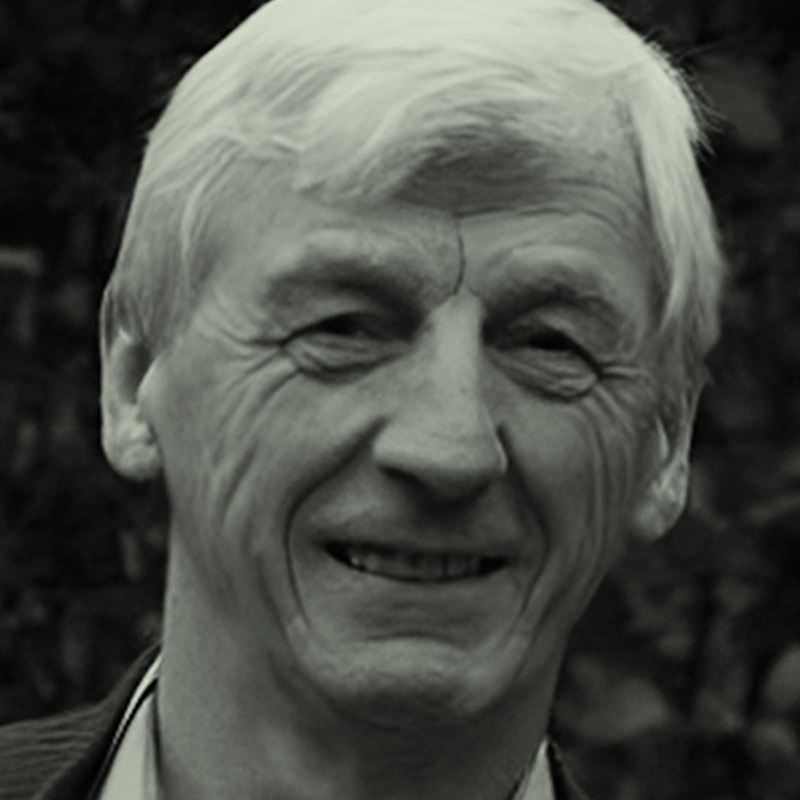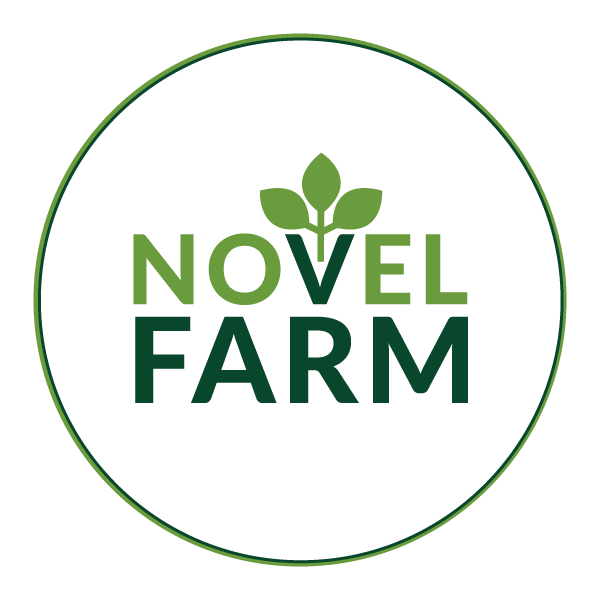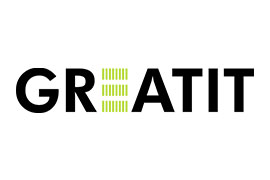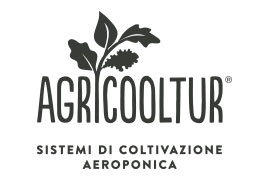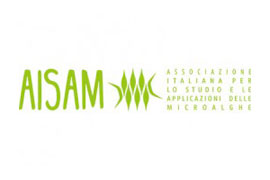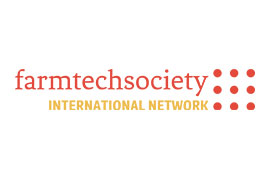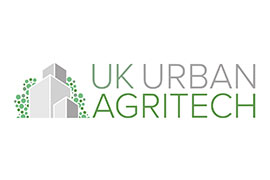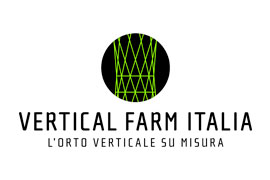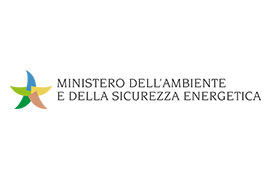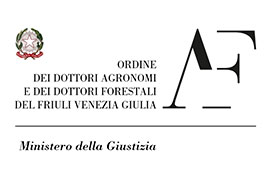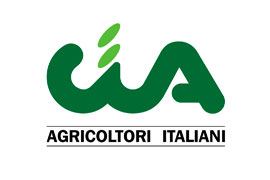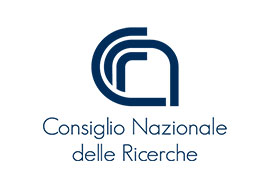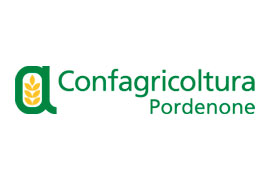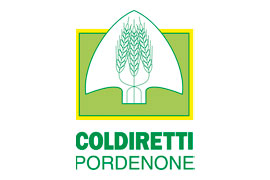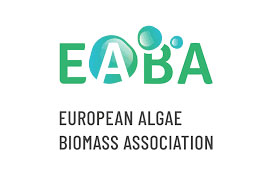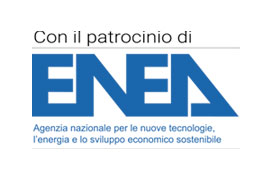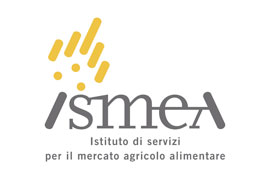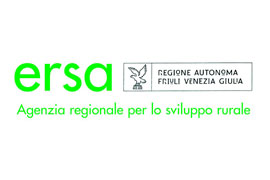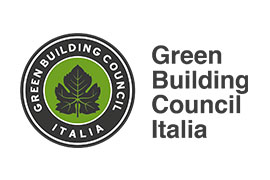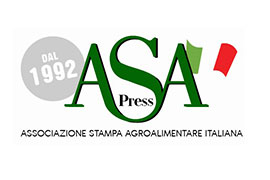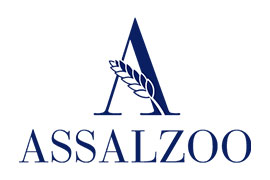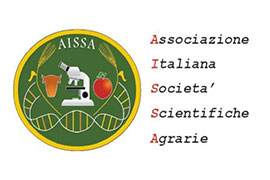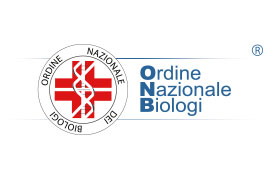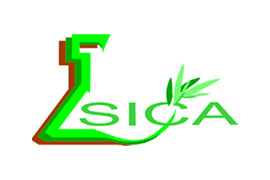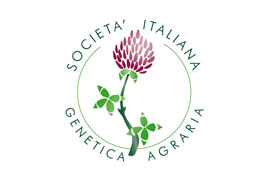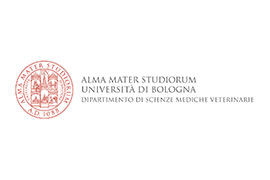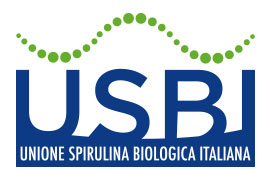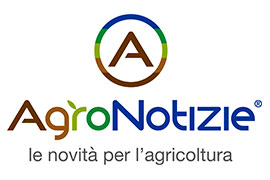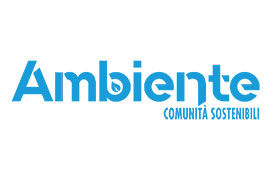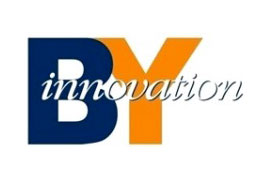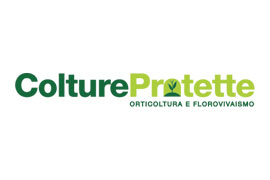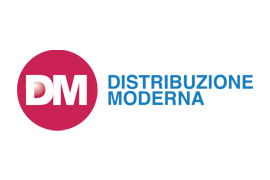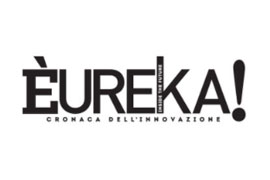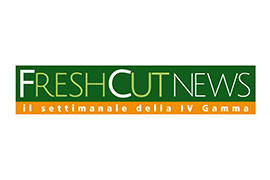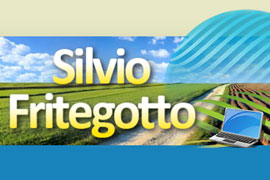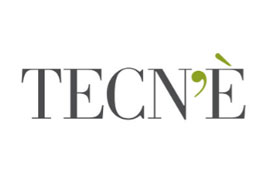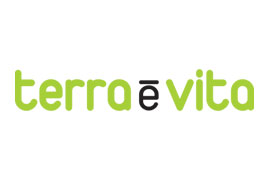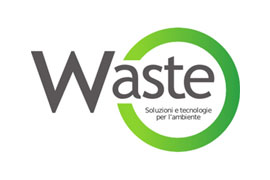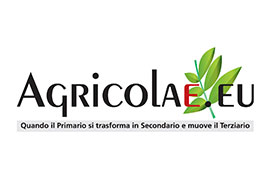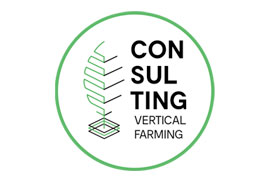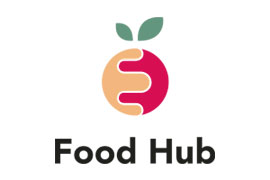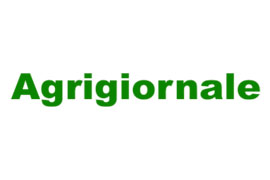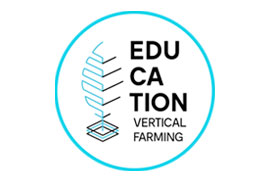Title: Emeritus Professor
Association/Company: Biosystems Department, KU Leuven, Belgium
Biography:
Josse De Baerdemaeker is an Emeritus Professor at KU Leuven, Division of Mechatronics, Biostatistics and Sensors. He is a past president of EurAgEng, the European Association of Agricultural engineering. He was chairman of VILT, the Flanders Infocenter for Agriculture. He is recognised as the founding father of the concept of precision agriculture and has been focusing on improving technology in crop cultivation, harvesting and handling to minimize losses and optimize yield and income for farmers. He was a visiting professor at Kyoto University, Japan.
Speech session
Automation, Robotics and AI in crop: from open field to Vertical Farms
Speech
Artificial intelligence and the digital transformation in Agriculture
Abstract
Intensive data collected from many sensors and observations during crop production, archived data and other external data sources like weather forecasts pave the way for artificial intelligence algorithms to look for process interactions. The aim is to optimize agricultural production by responding to the variability and adapting the management.
The benefits of artificial intelligence (AI) for crop production can be focused on enhanced automation of agricultural equipment and improved productivity and safety.
In open field and protected horticulture AI can contribute to crop health, predict yield, ensure product quality from starting material to harvest, help deciding on planning of time-to-market and of resources efficiency. Here there is an evolution towards the use of digital twins.
Simulations using crop growth models or greenhouse models are virtual representations or digital twins of the actual real-world processes. The interchange of data between the physical and the digital worlds enables data-driven decision making since preventive and corrective actions can be simulated and evaluated in the digital environment before the actual intervention.
There is a responsibility of organisations and governments to make sure that training in digital skills is available for all agri-food participants. This will help to avoid a digital divide within and between farming or food-processing communities.

